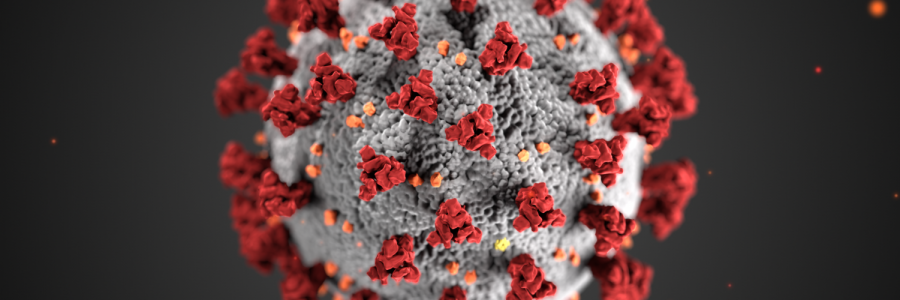COVID-19: The Novel Coronavirus
March 8, 2020
The Coronavirus (strain COVID-19 in this case) is a virus, detected by Chinese authorities in the Hubei province of China. This is a novel virus named for the crown-like spikes that protrude from its surface. It is commonly found in animals, but a mutation seems to have moved humans in its target zone. The scientific name of this disease is 2019-nCoV which is found to be highly contagious. Symptoms of this disease include fever, coughing and shortness of breath. The common cold or flu has the same symptoms, which makes it very difficult for countries to track who has the virus and who doesn’t. Several states across the US have multiple confirmed cases.
What is it a Result of?
The source of the Coronavirus was originally thought to be a seafood market in Wuhan. Analyses of the viral genome are already providing clues to the origins of the outbreak and even possible ways to treat the infection, a need that is becoming more urgent by the day. It’s genetic structure is composed of 29, 903 bases making it appear very similar to SARS (a respiratory illness). The ancestor of 2019-nCoV existed in a specific species for some unknown time, never infecting people, until by chance a single virus acquired a mutation that made it capable of jumping into and infecting humans.
How it Spreads
Within a few months, the virus has attacked over 90 countries, so knowing how it spreads is important. The virus is thought to advance mainly from person-to-person within a six feet radius. Other methods include respiratory droplets when an infected person coughs or sneezes. So what can be done about this virus? Experts say that if you get this virus, you should stay home, separate yourself from other people at home. Wear a facemask and avoid sharing household items.
Cure
The best way to prevent illness is to avoid being exposed to this virus. There is currently no vaccine to prevent coronavirus disease. British scientist Dr. Robin Shattock said that despite recent advances, the public shouldn’t expect a coronavirus vaccine to hit the market until at least early next year. “It still requires a lot of testing to see if these vaccines are safe and then see if they work,” he said during an interview with CNBC. Because this is a virus, antibiotics do not work as they only work against bacteria. So, no actual treatment has surfaced yet but acts of prevention can be taken.



